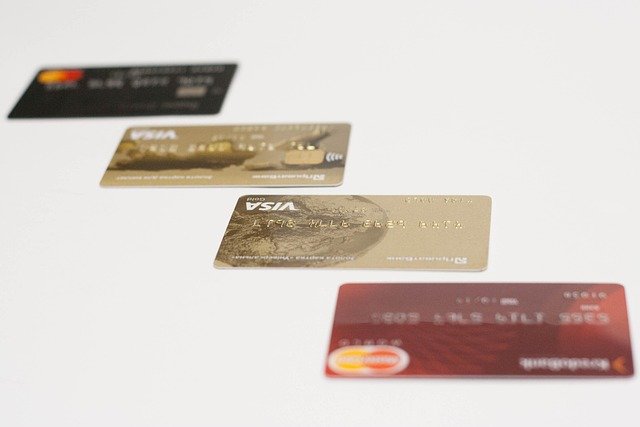Quick Tips for Credit Card Approval
Getting approved for a credit card depends on several factors, including your credit history, income, and current financial standing. Understanding how issuers evaluate applications can help you prepare and avoid common mistakes. This article offers practical tips on reviewing your credit report, choosing the right type of card for your situation, and managing your finances to meet approval criteria. These simple steps can support your application process and help build a stronger credit profile over time.

How can I check my credit report before applying?
Checking your credit report is an essential first step before applying for a credit card. In the UK, you have the right to access your statutory credit report for free from the three main credit reference agencies: Experian, Equifax, and TransUnion. To obtain your report:
-
Visit the official websites of these agencies
-
Request your statutory credit report
-
Provide necessary identification information
Once you have your report, review it carefully for any errors or discrepancies. Look for incorrect personal information, accounts you don’t recognize, or late payments that you believe were made on time. If you find any inaccuracies, contact the credit reference agency to dispute the information and have it corrected.
How do I choose a credit card that matches my credit profile?
Selecting a credit card that aligns with your credit profile is crucial for approval success. Credit card issuers typically offer cards for different credit score ranges:
-
Excellent credit: 800-999
-
Good credit: 670-799
-
Fair credit: 580-669
-
Poor credit: 300-579
Research different card options and look for those that match your credit score range. If you have a limited credit history or a lower score, consider secured credit cards or cards specifically designed for building credit. For those with good to excellent credit, rewards cards or cards with better terms may be more appropriate.
What approval criteria do card issuers use?
Credit card issuers evaluate several factors when reviewing applications:
-
Credit score: A higher score generally increases approval chances
-
Income: Demonstrating sufficient income to repay debts is crucial
-
Debt-to-income ratio: Lower ratios are preferred
-
Employment status: Stable employment is viewed favorably
-
Credit history length: Longer credit histories can be beneficial
-
Recent credit inquiries: Too many recent applications may raise concerns
Understanding these criteria can help you assess your likelihood of approval and identify areas for improvement before applying.
What factors affect my chances of credit card approval?
Several factors can influence your credit card approval odds:
-
Payment history: Consistently making on-time payments improves your chances
-
Credit utilization: Keeping your credit card balances low relative to your limits is beneficial
-
Types of credit accounts: A mix of credit types (e.g., credit cards, loans) can be positive
-
Length of credit history: Longer credit histories generally favor approval
-
Recent credit applications: Limiting new credit requests in the months before applying can help
-
Stable income and employment: Demonstrating financial stability is important
By focusing on these factors, you can work to improve your overall credit profile and increase your chances of approval.
What tips can help me manage finances before applying?
Implementing sound financial management practices before applying for a credit card can significantly boost your approval odds:
-
Pay all bills on time: Set up automatic payments or reminders to ensure timely payments
-
Reduce existing debt: Lower your overall debt levels, especially on credit cards
-
Save money: Build an emergency fund to demonstrate financial responsibility
-
Avoid opening new credit accounts: Minimize new credit inquiries in the months before applying
-
Increase your income: If possible, seek ways to boost your earnings through part-time work or side gigs
-
Maintain a stable address and employment: Lenders prefer applicants with stability in these areas
| Credit Card Type | Best For | Key Features | Typical APR Range |
|---|---|---|---|
| Rewards Card | Good to Excellent Credit | Cashback or points on purchases | 15% - 25% |
| Balance Transfer Card | Existing Credit Card Debt | 0% intro APR on balance transfers | 13% - 24% |
| Secured Card | Building or Rebuilding Credit | Requires security deposit | 17% - 25% |
| Student Card | College Students | Lower credit requirements, student-specific perks | 15% - 25% |
Prices, rates, or cost estimates mentioned in this article are based on the latest available information but may change over time. Independent research is advised before making financial decisions.
By following these tips and understanding the factors that influence credit card approval, you can significantly improve your chances of success. Remember that responsible credit use is an ongoing process, and maintaining good financial habits will benefit you long after you’ve been approved for a credit card.




